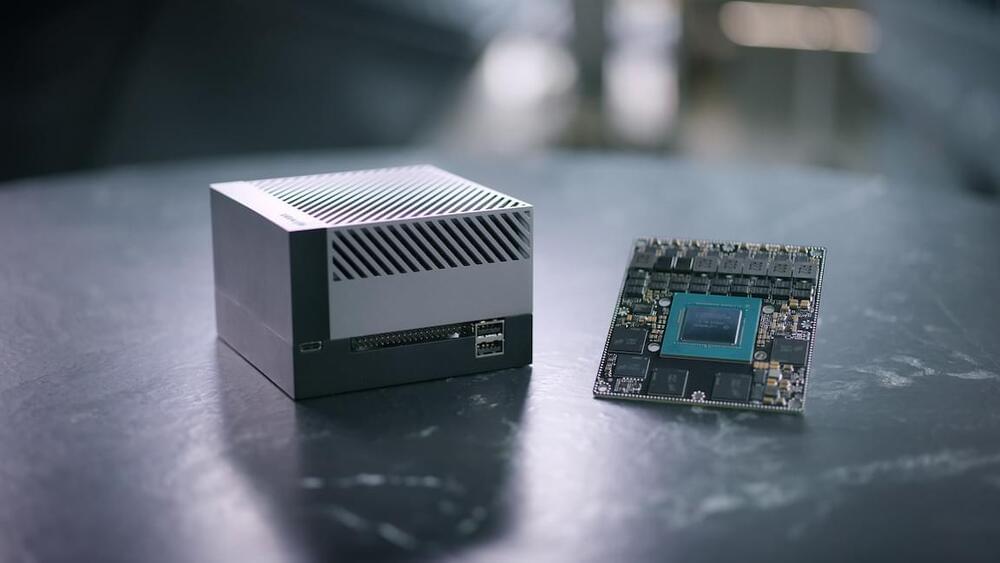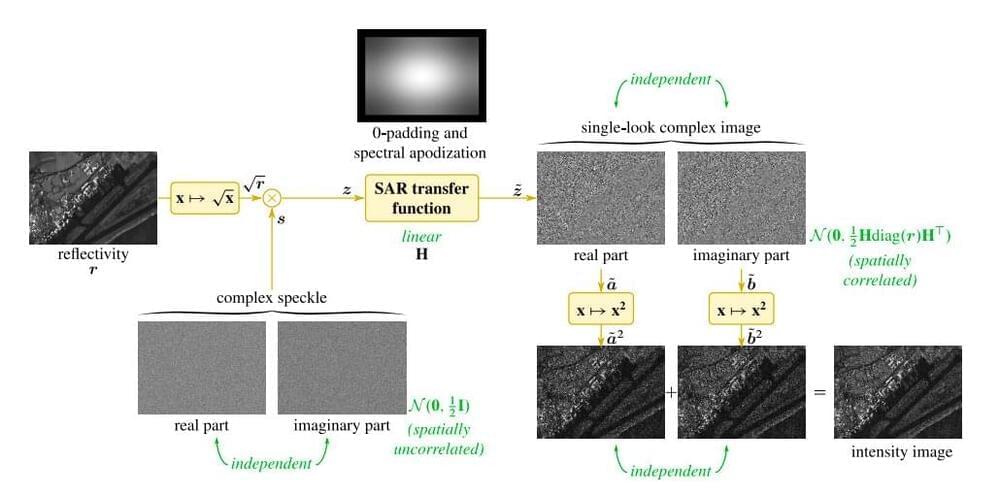NVIDIA has launched a follow-up to the Jetson AGX Xavier, its $1,100 AI brain for robots that it released back in 2018. The new module, called the Jetson AGX Orin, has six times the processing power of Xavier even though it has the same form factor and can still fit in the palm of one’s hand. NVIDIA designed Orin to be an “energy-efficient AI supercomputer” meant for use in robotics, autonomous and medical devices, as well as edge AI applications that may seem impossible at the moment.
The chipmaker says Orin is capable of 200 trillion operations per second. It’s built on the NVIDIA Ampere architecture GPU, features Arm Cortex-A78AE CPUs and comes with next-gen deep learning and vision accelerators, giving it the ability to run multiple AI applications. Orin will give users access to the company’s software and tools, including the NVIDIA Isaac Sim scalable robotics simulation application, which enables photorealistic, physically-accurate virtual environments where developers can test and manage their AI-powered robots. For users in the healthcare industry, there’s NVIDIA Clara for AI-powered imaging and genomics. And for autonomous vehicle developers, there’s NVIDIA Drive.
The company has yet to reveal what the Orin will cost, but it intends to make the Jetson AGX Orin module and developer kit available in the first quarter of 2022. Those interested can register to be notified about its availability on NVIDIA’s website. The company will also talk about Orin at NVIDIA GTC, which will take place from November 8th through 11th.






